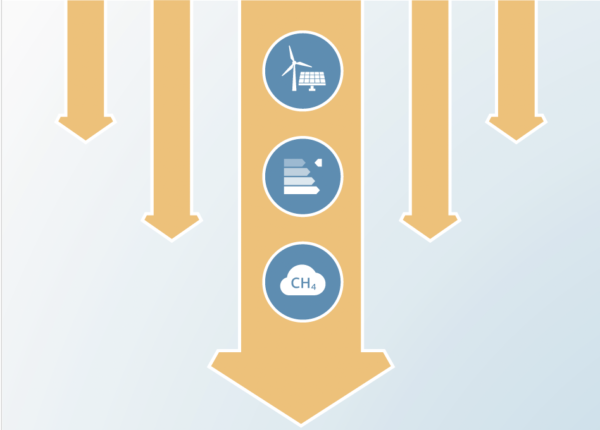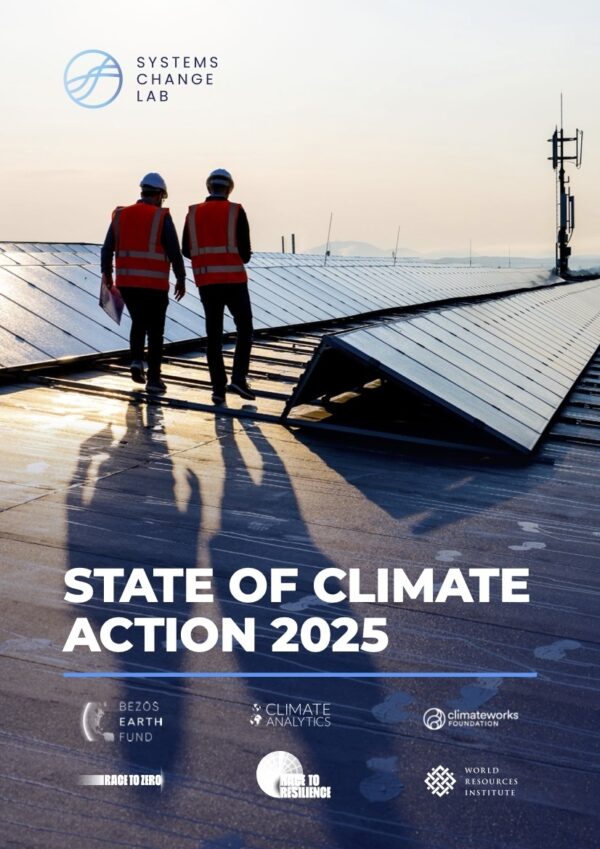What role do forests and governance play in countries’ nationally determined contributions to the Paris Agreement? Case study from Cameroon
Authors
Michel Bruce, Oladé Balo Akakpo, Dr Mouhamed Ly, Kouassigan Tovivo, Kwadjo Vidja, Dr Jan Sindt, Lorraine Brindel, Amandine Berger
Share

Ratification of the Paris Agreement led the Parties to include forest governance issues in national discussions via the Intended Nationally Determined Contributions (INDCs), which subsequently became the Nationally Determined Contributions (NDCs). In order to effectively implement their NDCs, countries will need to set priorities and identify realistic ways of meeting their climate commitments and monitoring them over time. This process also provides an opportunity to share experience in the land-use sector, which may inform implementation of the NDCs. The NDCs are thus becoming the key framework for steering national climate policies and, for countries such as Cameroon that are implementing a Voluntary Partnership Agreement (VPA) with the European Union (EU), they provide a platform for emphasising the importance of forest governance and using it to full effect in climate talks.
This study analyses the correlation between forest governance and deforestation, and aims to improve national understanding of the challenges involved in land-use governance. The multi-stakeholder VPA process has created an unprecedented opportunity for dialogue on improving transparency and accountability in the forestry sector. The study shows that further efforts are needed to improve forest governance in Cameroon, in particular:
- Proper implementation of systems to enable access to information and of strategies for the dissemination and circulation of information so that all stakeholders, especially communities and women, can have a say in decisions that affect them.
- Establishment of a coordinated inter-departmental approach to move towards a culture of greater transparency and better access to information.
- The government must ensure that civil society can comment freely and independently on issues of transparency and good governance.
- There needs to be improved synergy between non-governmental organisations (NGOs) and civil society organisations (CSOs), to allow the voice of forest communities and affected communities to be better heard and reflected in climate and forestry policy and particularly in NDC implementation.
- Effective involvement of donors and other key civil society actors in the forest governance process.











